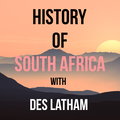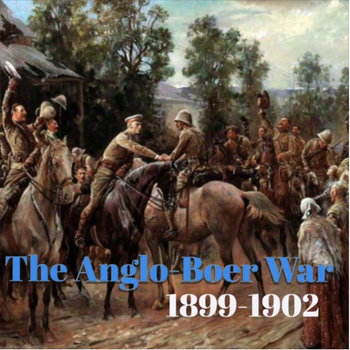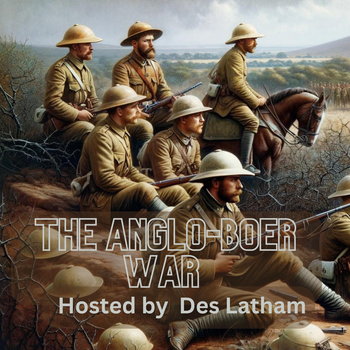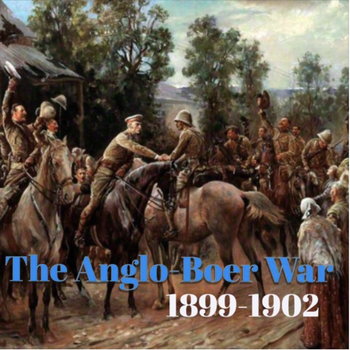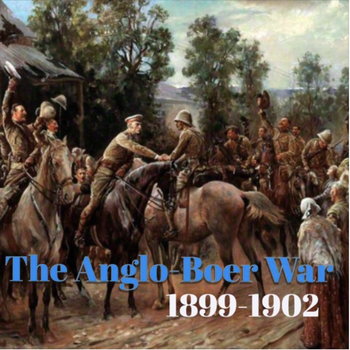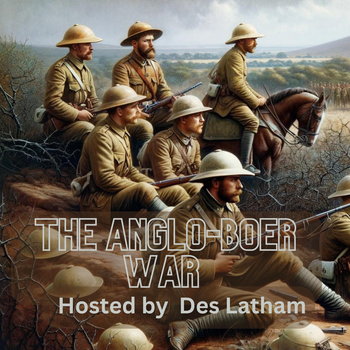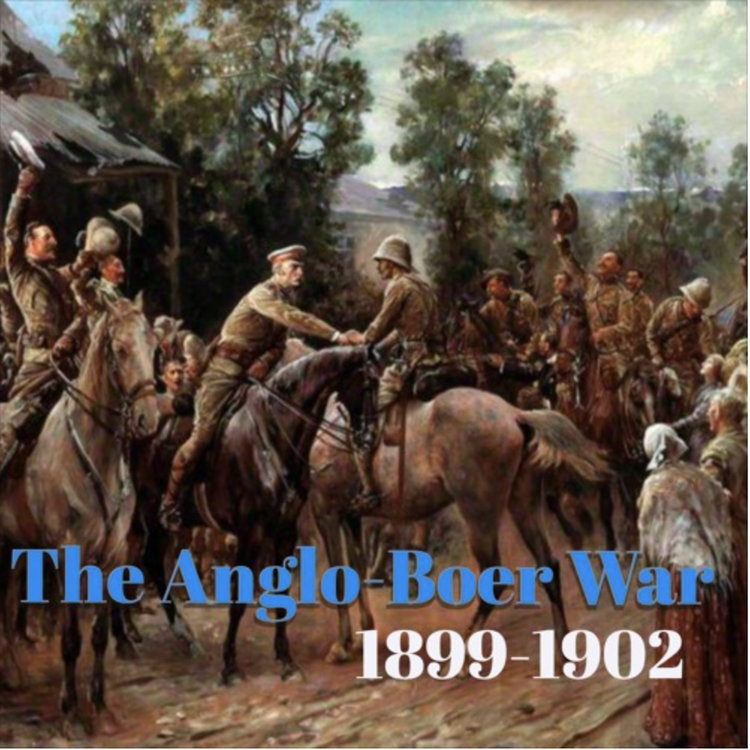
Episode 36 - The Battle of Doornkop near Johannesburg & Churchill rides a bicycle
Loading player...
This episode is going to concentrate on the minutiae of the British army surrounding the city of Gold, Johannesburg. Its the city that was the main cause of this war with its gold and uitlanders or immigrants, who were mainly English speaking and had demanded the right to vote in the Transvaal. It was Kruger who denied them this vote knowing that his government would disappear under the weight of the uitlander city men and women who were colonials through and through and his culture would end.
That was the belief. For black Johannesburgers who lived under the harsh Calvinistic overtones of the Boer rule, it was the possibility of freedom that beckoned. Little did they know that the British would impose far harsher rule on blacks than the Boers, and in fact the British adherance to their imperial bureaucracy meant that the weak control over black movement for example would be beefed up with the arrival of the super-efficient British Empire.
So as the townships of the Witwatersrand echoed with happy sounds as black residents waited in expectation for the British arrival, the Boer administrators were rushing to empty the city of all its valuables.
Twenty six kilometres away to the south west, Roberts was coming to visit. The main song sung by troops in his army was “We’re marching to Pretoria” which became a clarion call and a morale booster during tough times.
The pattern of the advance rarely faltered, and surprised even Lord Roberts and one of the most famous war reporters riding alongside - Winston Churchill. He’d already been imprisoned and escaped from Pretoria, only to return to report for the Morning Post newspaper on the battles since. However, Churchill was beginning to have his doubts about the British role in this war.
That was the belief. For black Johannesburgers who lived under the harsh Calvinistic overtones of the Boer rule, it was the possibility of freedom that beckoned. Little did they know that the British would impose far harsher rule on blacks than the Boers, and in fact the British adherance to their imperial bureaucracy meant that the weak control over black movement for example would be beefed up with the arrival of the super-efficient British Empire.
So as the townships of the Witwatersrand echoed with happy sounds as black residents waited in expectation for the British arrival, the Boer administrators were rushing to empty the city of all its valuables.
Twenty six kilometres away to the south west, Roberts was coming to visit. The main song sung by troops in his army was “We’re marching to Pretoria” which became a clarion call and a morale booster during tough times.
The pattern of the advance rarely faltered, and surprised even Lord Roberts and one of the most famous war reporters riding alongside - Winston Churchill. He’d already been imprisoned and escaped from Pretoria, only to return to report for the Morning Post newspaper on the battles since. However, Churchill was beginning to have his doubts about the British role in this war.
